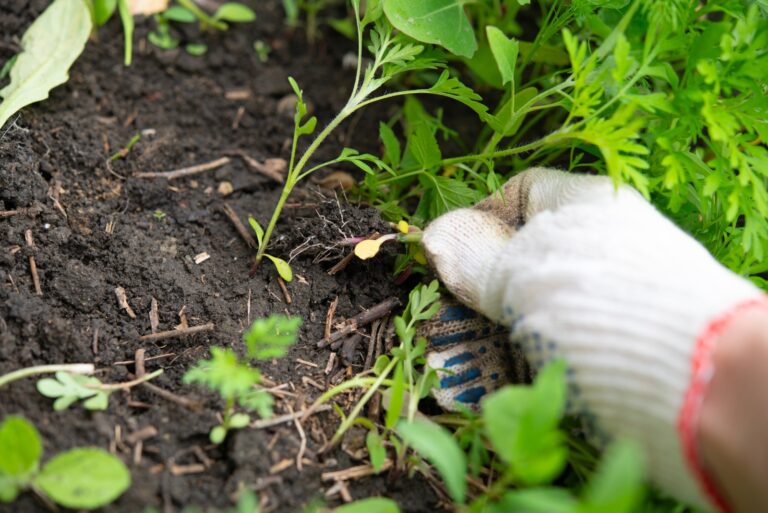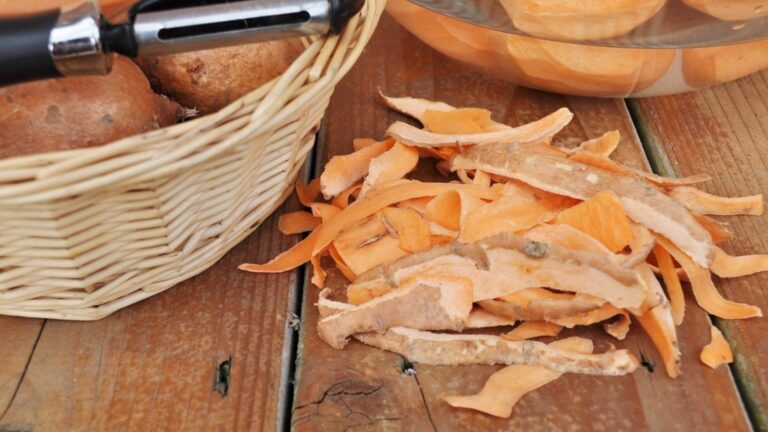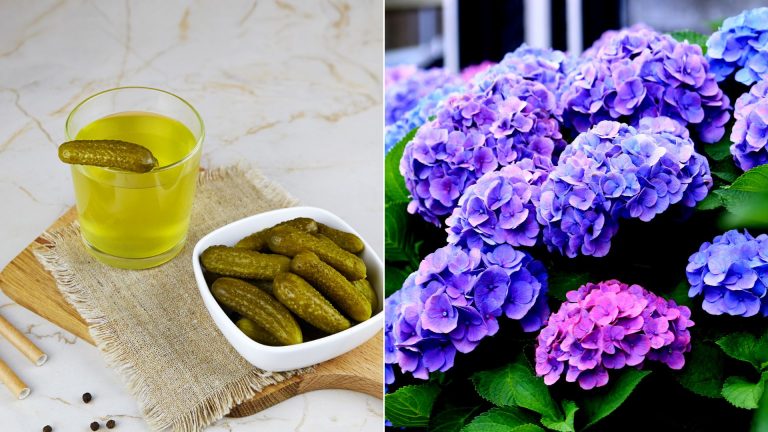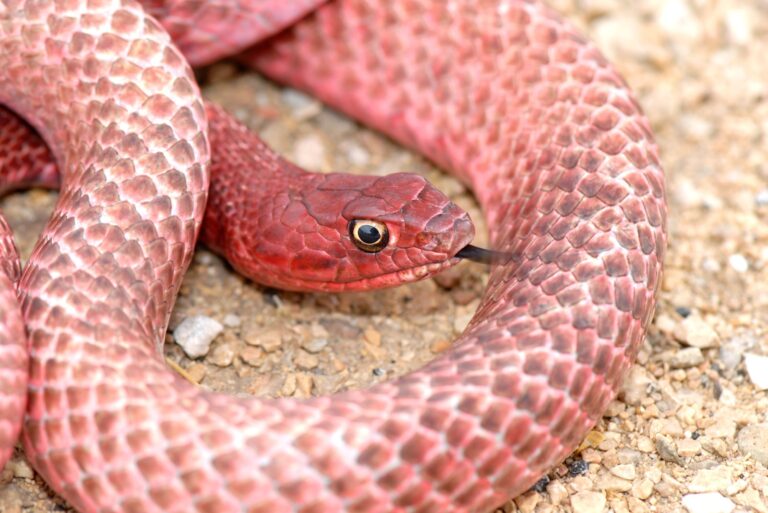21 Gardening Tips That May Actually Do More Harm Than Good
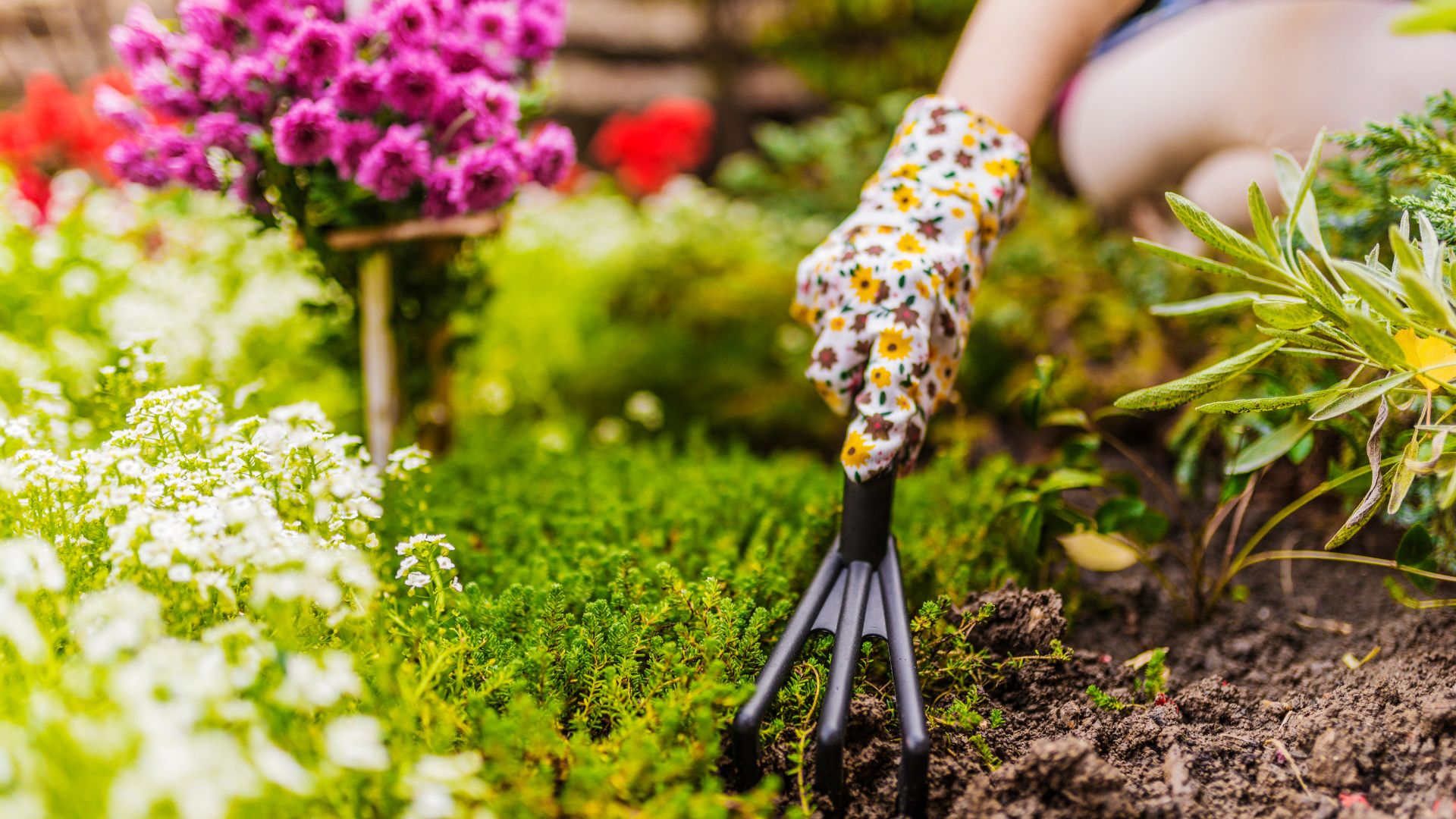
Gardening, a delightful escape into nature, is one of my favorite pastimes. It’s like therapy, minus the couch and hefty bills!
I’ve had my fair share of trial-and-error moments in the garden. Who knew that talking to plants in a British accent doesn’t make them grow faster? In this post, we’ll unearth some common gardening advice that might actually be sabotaging your green thumb efforts.
Grab your gloves, and let’s dig into these horticultural myths with a twist of humor and a sprinkle of personal anecdotes!
1. Overwatering Plants
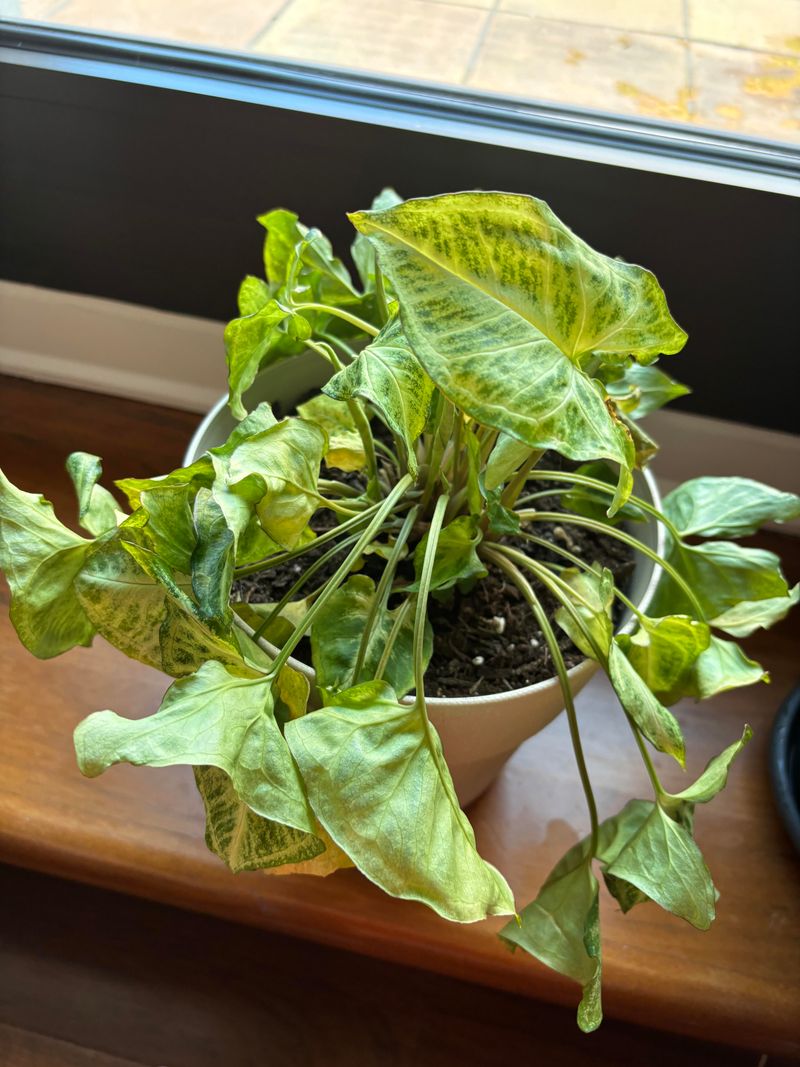
Watering plants seems simple enough, right? However, overwatering is a common blunder that can drown your precious greens. Excess water deprives roots of necessary oxygen, leading to root rot and potentially killing the plant. It’s essential to understand each plant’s unique moisture needs.
Instead of watering on a fixed schedule, check the soil moisture first. Stick your finger into the soil; if it’s dry an inch down, it’s time to water. Overwatering is especially harmful in pots where drainage is limited. Adjust your watering habits, and watch your garden flourish!
2. Using Pesticides Indiscriminately
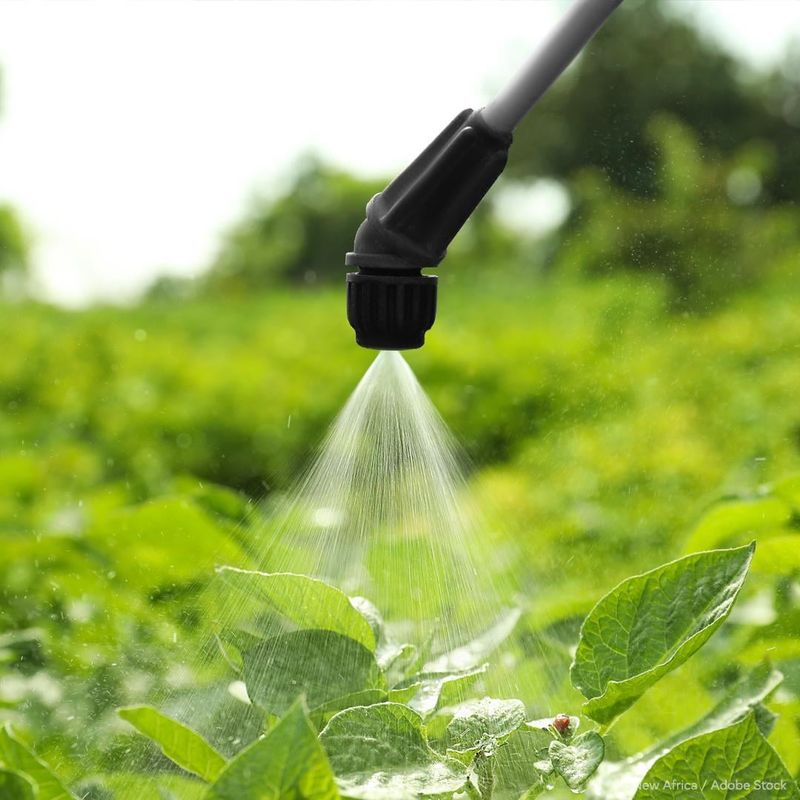
In the battle against garden pests, pesticides may seem like a knight in shining armor. But wielding them without care can do more harm than good. Many pesticides kill indiscriminately, harming beneficial insects like bees and butterflies.
These insects play a crucial role in pollination, essential for fruit and flower production. Overuse also leads to chemical buildup in the soil, impacting its health. Opt for natural pest control methods like neem oil or introducing ladybugs. Not only are they effective, but they also maintain ecological balance. Protect your garden by being pesticide-wise!
3. Planting In The Wrong Location
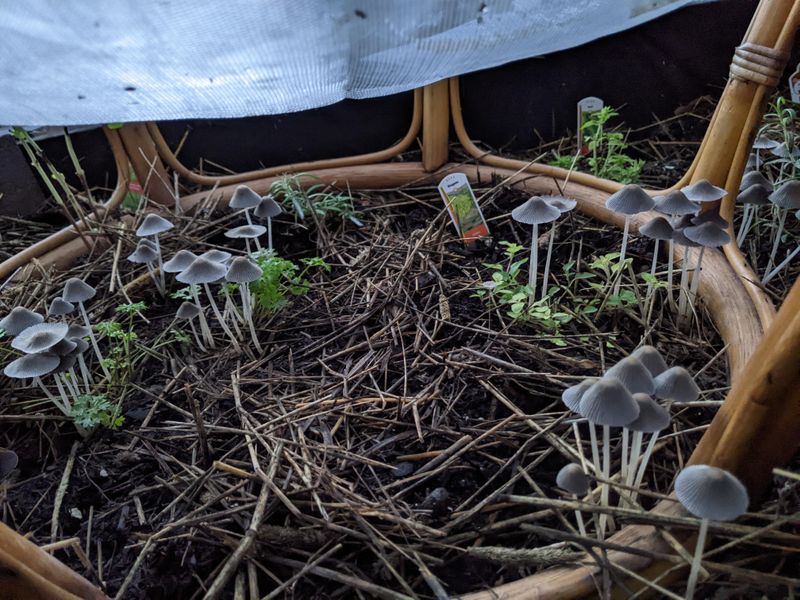
Location, location, location! It’s critical in real estate and equally vital in gardening. Planting sun-loving plants in shaded areas or vice versa can stunt growth and reduce flowering. Each plant has specific light requirements that must be met for optimal health.
Before planting, observe your garden’s sunlight patterns throughout the day. Use this knowledge to place plants where they’ll thrive best. Ignoring this can lead to weak, spindly plants struggling to survive. Proper placement ensures your plants have the right conditions to grow strong and produce abundantly. Choose wisely and watch them thrive!
4. Ignoring Soil Quality
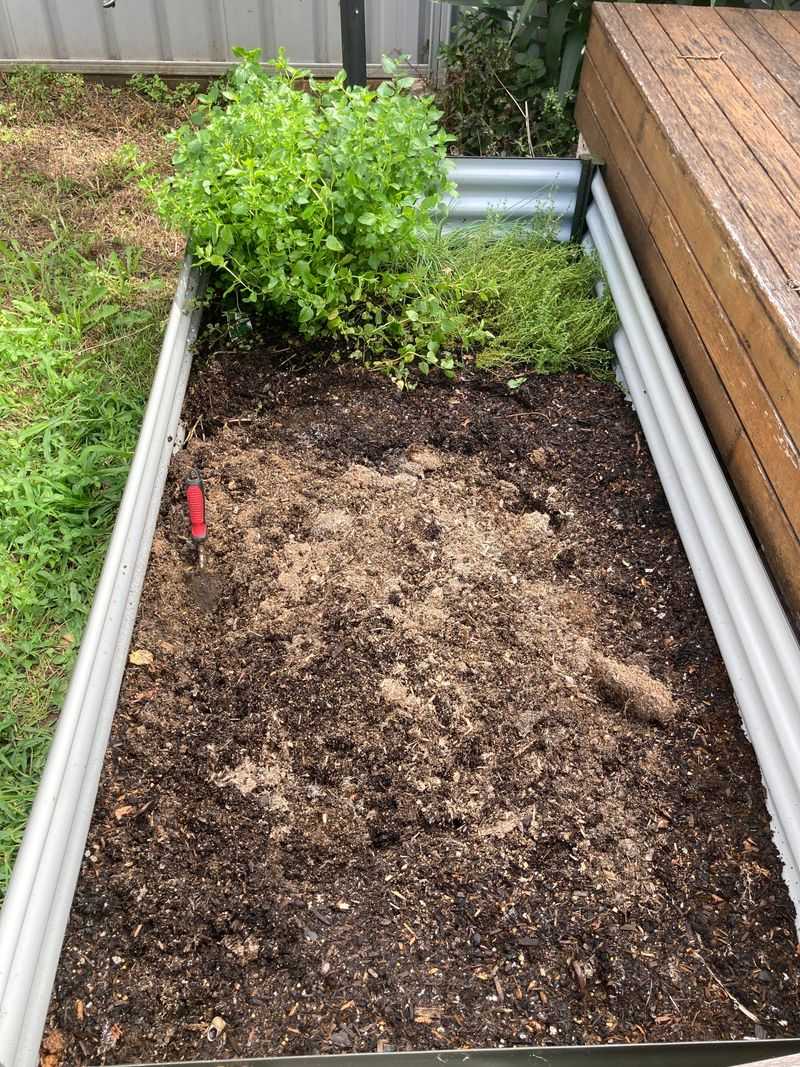
Soil is the bedrock of a healthy garden, but its importance is often overlooked. Ignoring soil quality can lead to nutrient deficiencies, poor plant growth, and pest issues. Different plants require different soil types, from sandy to clayey, each offering unique benefits and challenges.
Conduct a soil test before planting to understand its pH and nutrient content. Amend your soil with organic matter like compost to improve its fertility and structure. By focusing on soil health, you lay the foundation for a thriving garden. Don’t let poor soil quality hinder your gardening success; enrich it and watch your plants flourish!
5. Crowding Plants
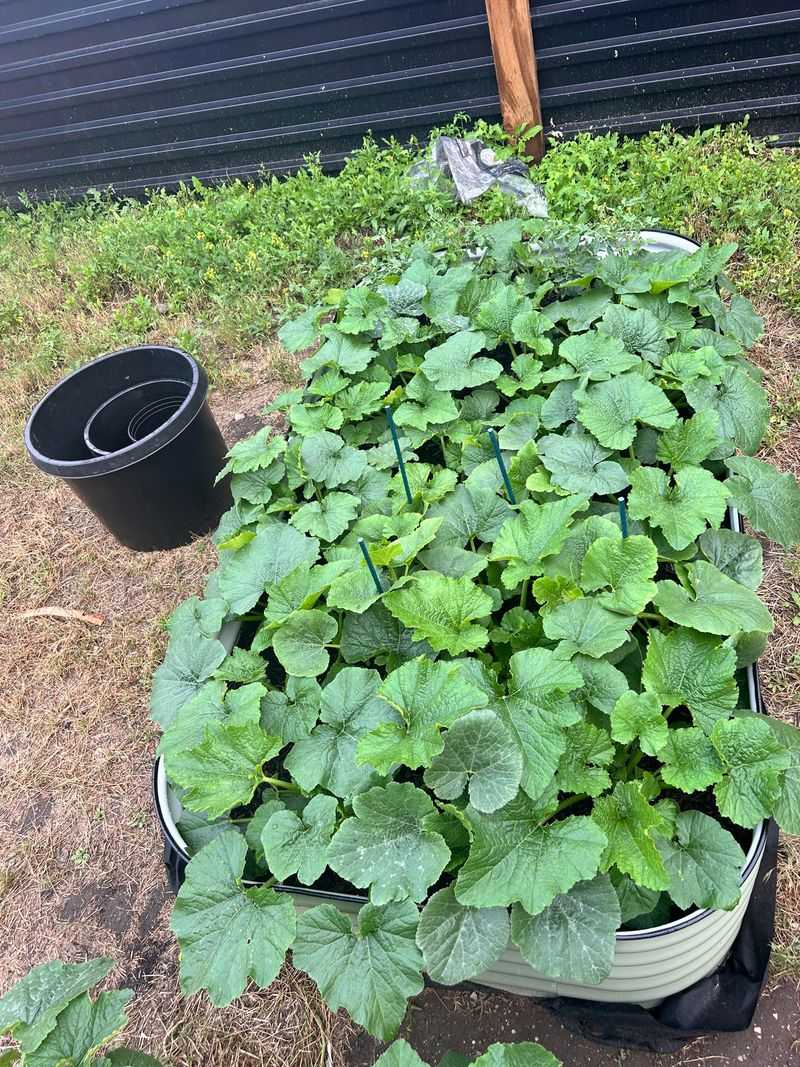
More plants, more beauty, right? Not quite. Crowding plants can actually hinder their growth by competing for sunlight, water, and nutrients. This competition leads to weaker plants and increased susceptibility to diseases.
To avoid this, pay attention to the recommended spacing on seed packets or plant labels. Giving each plant enough room allows for proper air circulation, reducing disease risk. It also ensures they have access to the resources they need to thrive. Resist the urge to cram in more plants, and enjoy a healthier, more productive garden. Space them out and let them breathe!
6. Using Chemical Fertilizers Excessively
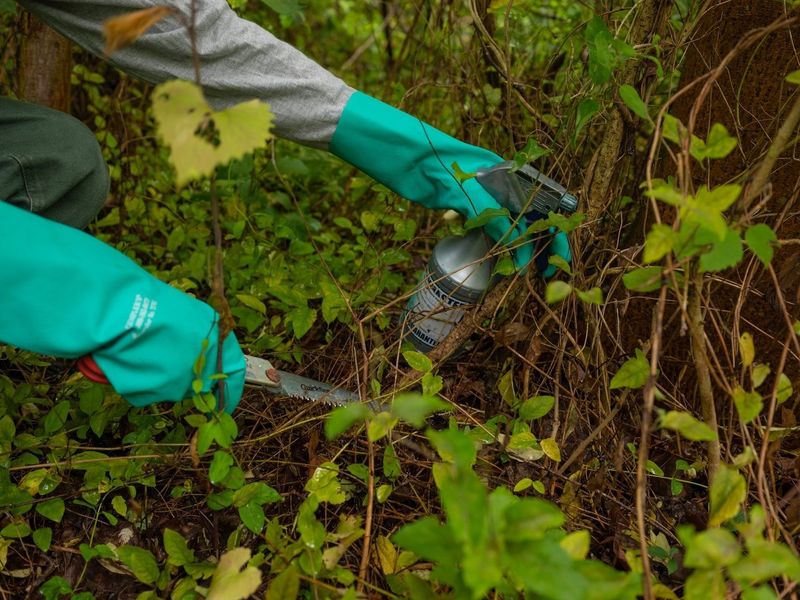
Chemical fertilizers promise rapid growth, but too much can backfire. Excessive use leads to nutrient imbalances and salt buildup in the soil, harming plant roots. Over-fertilization can also lead to lush foliage at the expense of flowers and fruits.
Instead, follow the recommended dosage and consider organic alternatives, like compost or manure, which release nutrients slowly and improve soil health. By balancing your fertilizer use, you ensure steady, healthy growth without stressing your plants. Remember, in gardening, sometimes less is more. Keep your plants happy by feeding them the right way!
7. Pruning at the Wrong Time
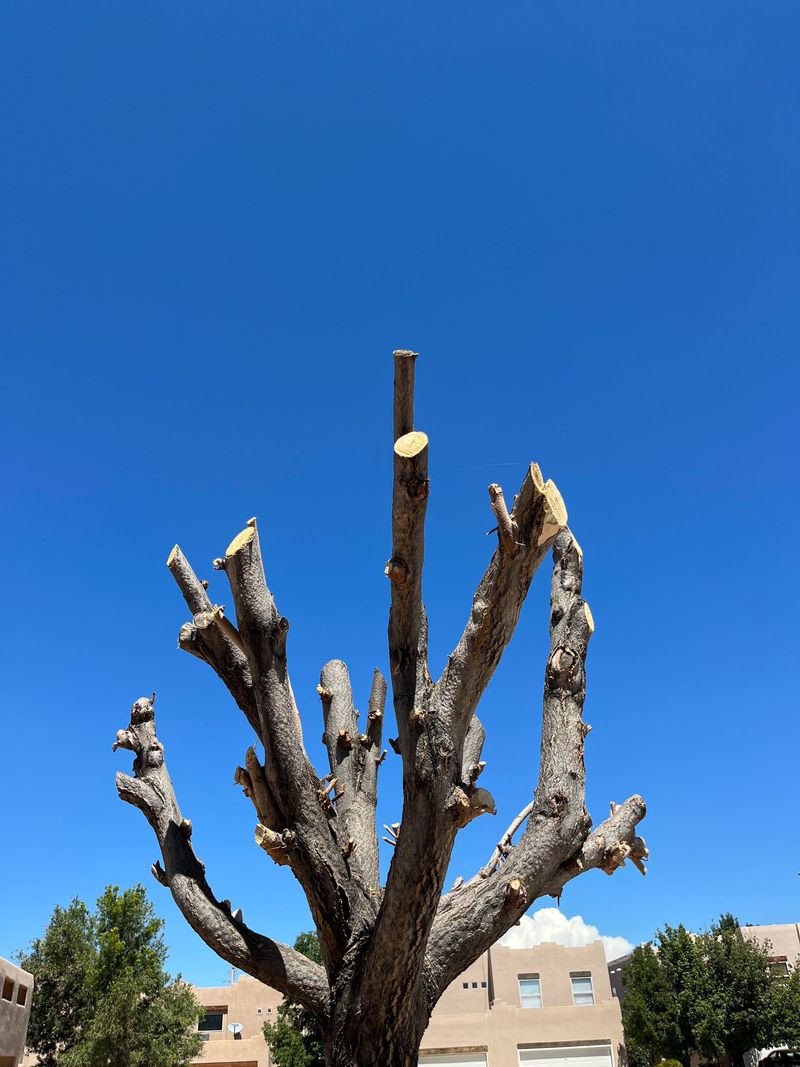
Pruning is vital for maintaining plant health and appearance, but timing is everything. Pruning at the wrong time of year can remove flower buds, leading to fewer blooms. It can also stress plants, making them vulnerable to diseases.
Research each plant’s ideal pruning time. For example, spring-flowering shrubs should be pruned soon after they bloom, while summer-flowering plants benefit from winter pruning. Proper timing encourages healthy growth and abundant flowers. Avoid the hasty snip, and your garden will thank you with vibrant blooms and thriving plants. Prune smart for a flourishing garden!
8. Planting Non-Native Species
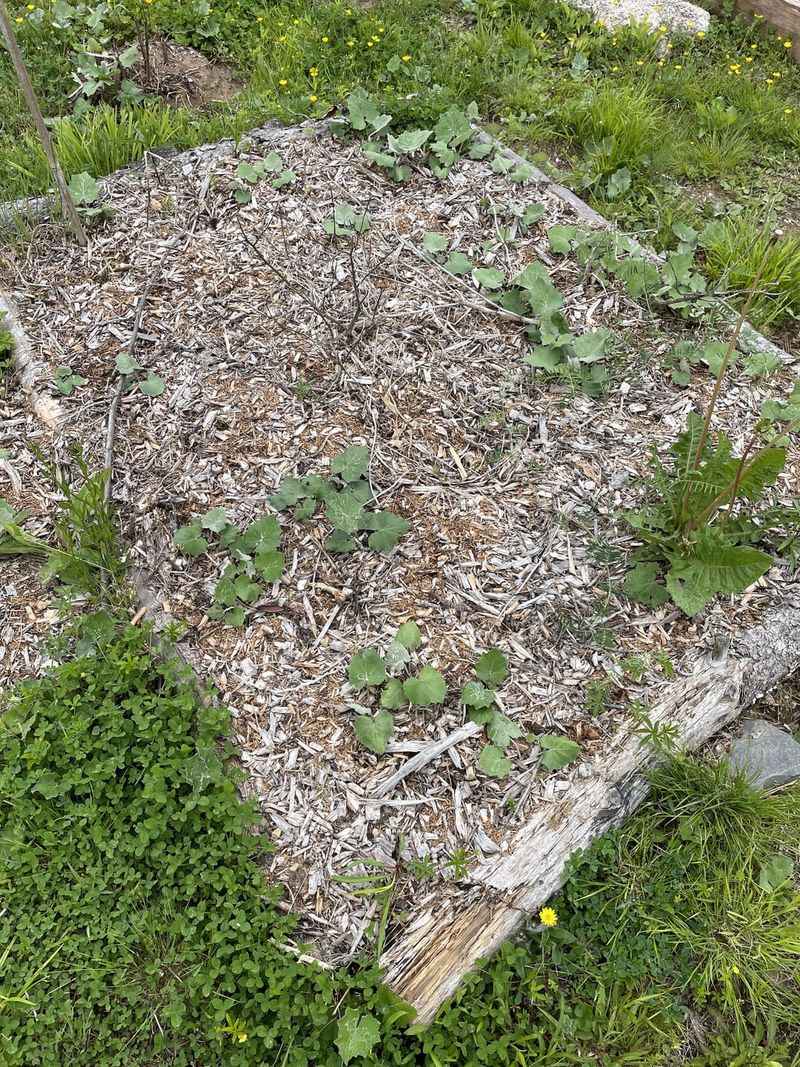
Introducing non-native species to your garden may seem exotic and exciting, but it can spell disaster. Such plants often struggle to adapt to local climates and soils, requiring extra care and resources. Worse, they can become invasive, outcompeting native plants and disrupting local ecosystems.
Before adding new species, research their compatibility with your region’s conditions. Opting for native plants usually means less maintenance and more success. They support local wildlife and maintain ecological balance. Keep your garden harmonious by choosing plants that belong. Embrace local flora, and your garden will thrive with less effort!
9. Mulching Incorrectly
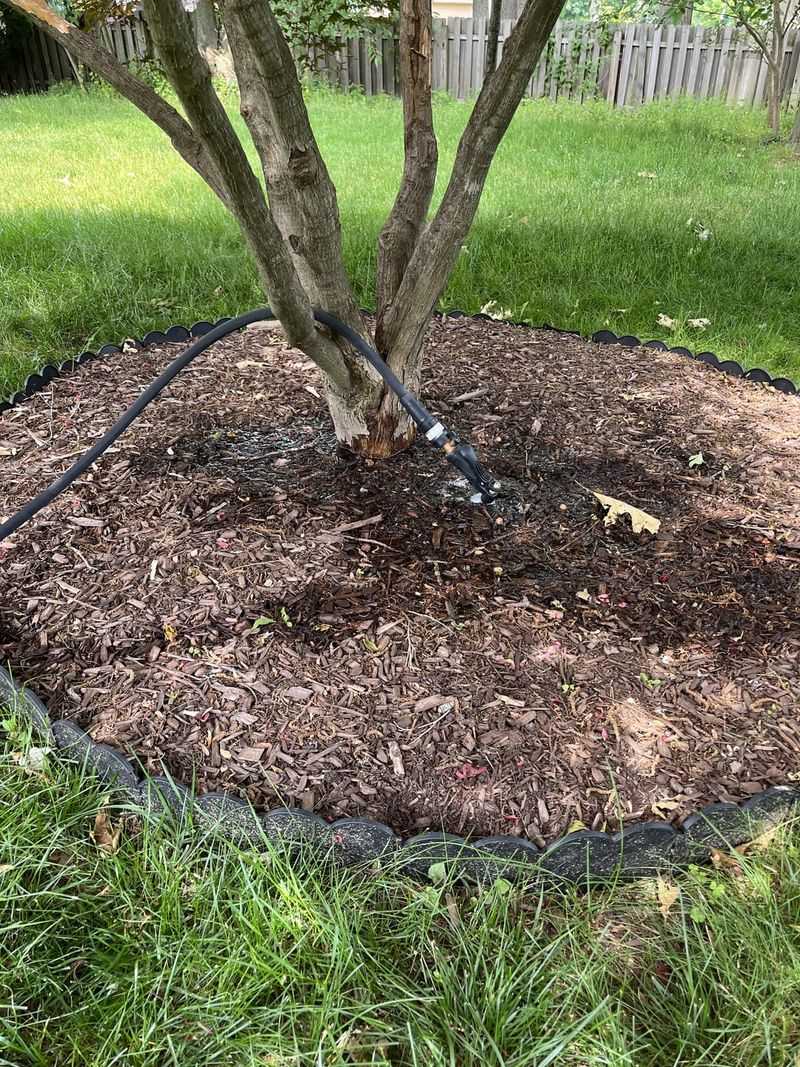
Mulch is a gardener’s best friend, conserving moisture and suppressing weeds. However, applying it incorrectly can cause problems. Too much mulch can suffocate plant roots, while touching stems can lead to rot.
Aim for a 2-3 inch layer, keeping it away from plant bases. This allows for proper air circulation and prevents moisture-related diseases. Mulch wisely to boost your garden’s health without causing root issues. With the right approach, mulch can be your ally, enhancing your plants’ growth and vitality. Avoid the mulch volcano, and enjoy a thriving garden!
10. Relying On Synthetic Herbicides
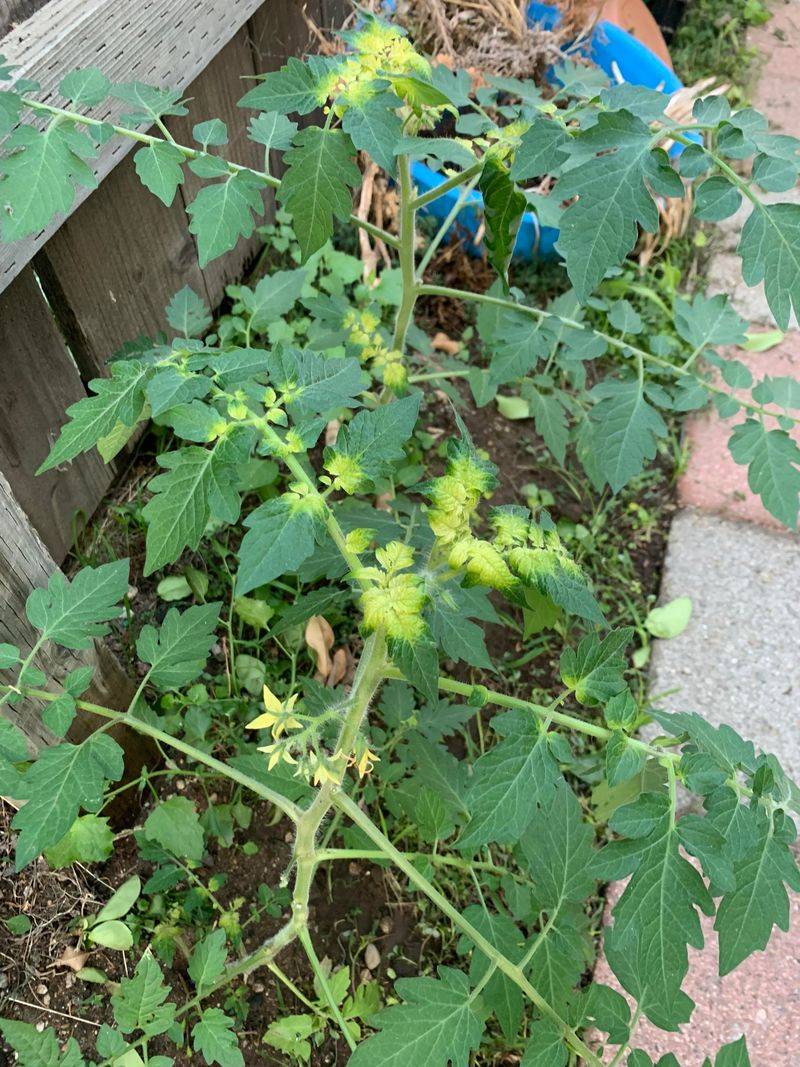
Synthetic herbicides offer a quick fix for weeds, but their long-term effects can be detrimental. They can harm beneficial soil organisms and contaminate water sources. Over time, weeds may develop resistance, making these chemicals less effective.
Consider natural alternatives like vinegar, boiling water, or hand weeding. These methods are safer for the environment and often just as effective. By reducing synthetic herbicide use, you protect your garden’s health and biodiversity. Embrace eco-friendly practices, and your garden will reward you with vigor and resilience. Choose green solutions for a sustainable garden!
11. Ignoring Companion Planting
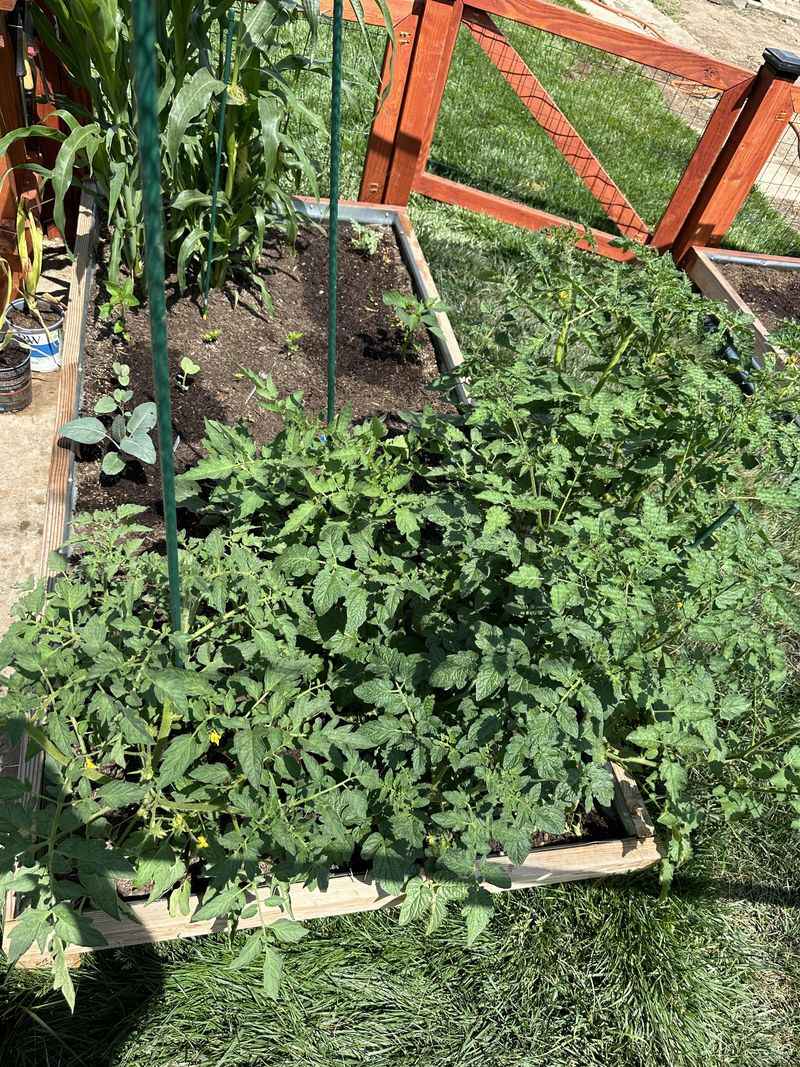
Companion planting is an age-old technique that enhances growth and deters pests, but many gardeners overlook its benefits. Ignoring it can lead to increased pest problems and reduced yields. Some plants, when grown together, support each other’s health, while others may inhibit growth.
For example, planting marigolds with tomatoes can deter nematodes, while beans enrich the soil for corn. Research suitable plant combinations for your garden and implement them for better results. By embracing companion planting, you create a harmonious environment that promotes healthy, thriving plants. Don’t miss out on this natural pest control strategy!
12. Planting Too Deeply

Planting depth can make or break your garden’s success. Too deep, and plants struggle to emerge; too shallow, and roots dry out. Correct planting depth ensures strong root development and healthy growth.
Seed packets and plant labels usually provide guidance on proper depth. Follow these instructions to give your plants the best start. When planting trees or shrubs, avoid burying the trunk base; this can lead to rot. By paying attention to planting depth, you support robust plant development and prevent unnecessary stress. Dig wisely, and watch your garden thrive!
13. Not Rotating Crops
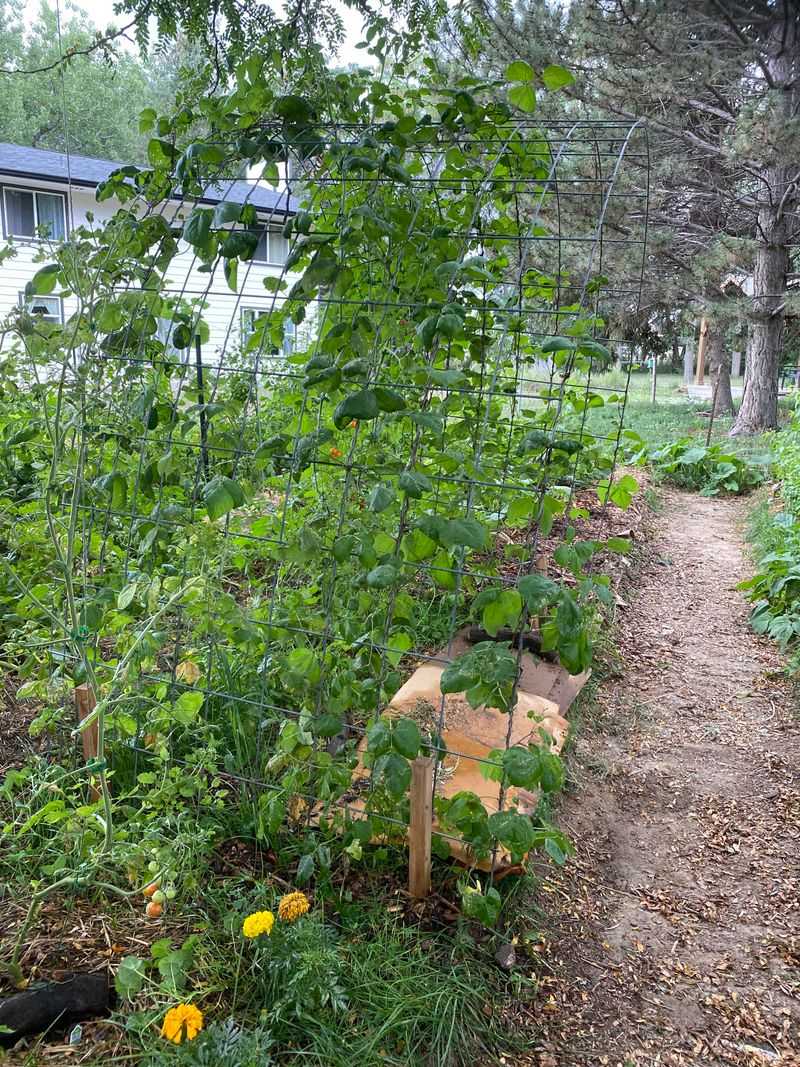
Crop rotation is key to maintaining soil health, yet many neglect it. Planting the same species in the same spot year after year depletes soil nutrients and increases pest and disease risks. Rotating crops prevents these problems by varying the nutrients used and breaking pest cycles.
Plan your garden layout with rotation in mind, grouping plants by family. This practice enriches soil and boosts plant resilience. By rotating crops, you cultivate a healthier garden environment and improve yields. Don’t let monotony ruin your soil; switch it up for thriving plants!
14. Using Plastic Plant Pots
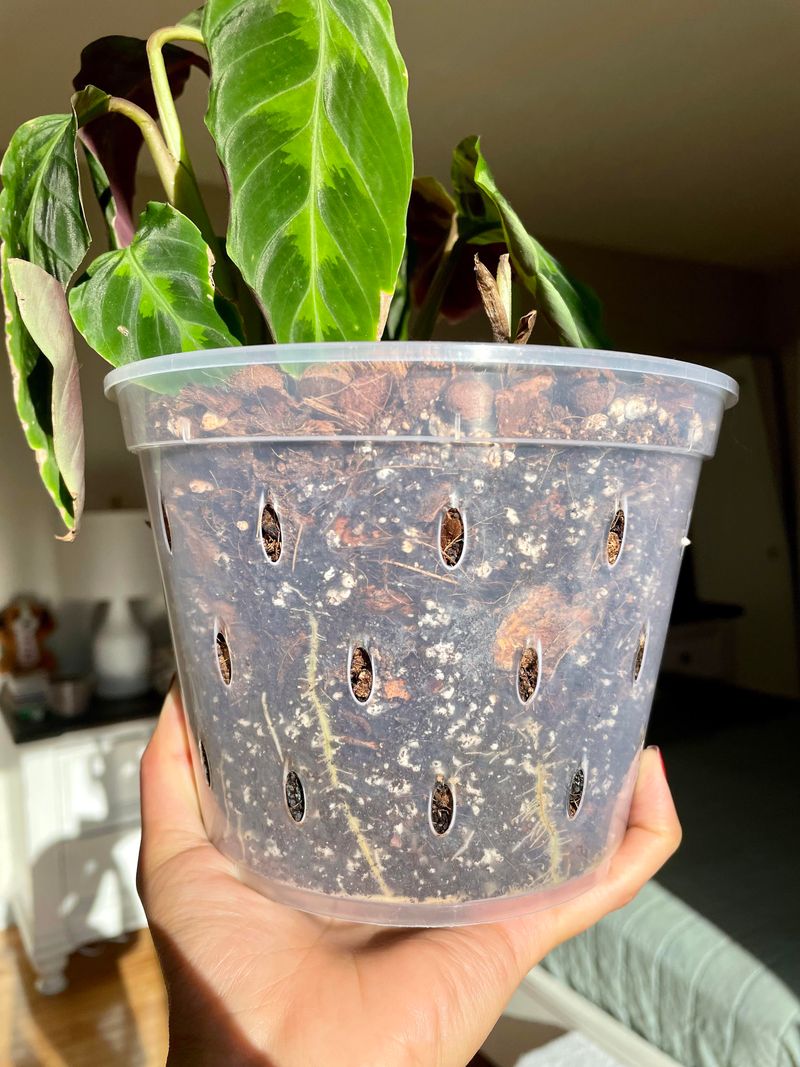
Plastic pots are convenient, but they can restrict plant growth. They often have poor drainage, leading to waterlogged roots and restricted growth. Over time, they can degrade, releasing chemicals into the soil.
Consider biodegradable or clay pots, which offer better drainage and root aeration. These alternatives are more sustainable and promote healthier root systems. By choosing the right pots, you support lush, robust growth and reduce environmental impact. Ditch the plastic for eco-friendly options, and your plants will thrive in style. Choose wisely for a greener, healthier garden!
15. Misusing Organic Pesticides
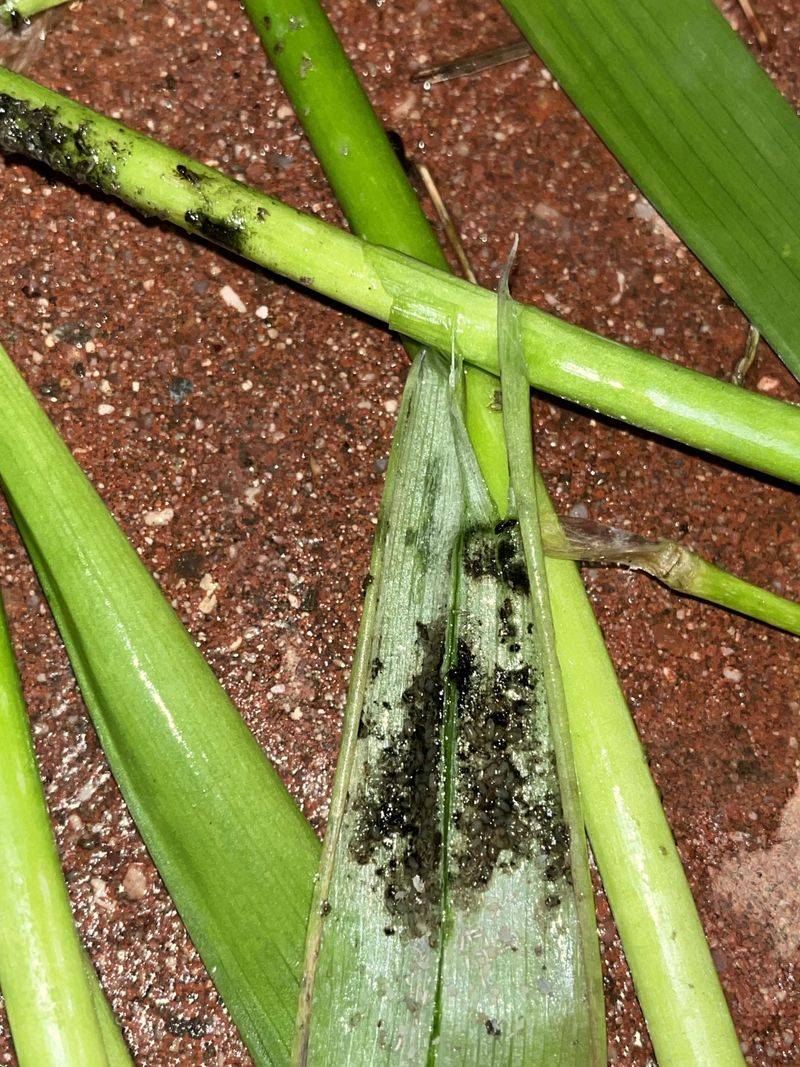
Organic pesticides may seem harmless, but misuse can still harm beneficial insects and soil health. Overapplication can lead to pest resistance and reduced effectiveness. Even organic solutions need careful handling to ensure they’re safe and effective.
Follow label instructions and apply only when necessary. Consider integrating pest management strategies, such as crop rotation or companion planting, for natural control. By using organic pesticides wisely, you preserve garden health and maintain ecological balance. Use these tools responsibly, and your garden will flourish with nature’s harmony. Choose mindful pest control for lasting results!
16. Over-Mulching
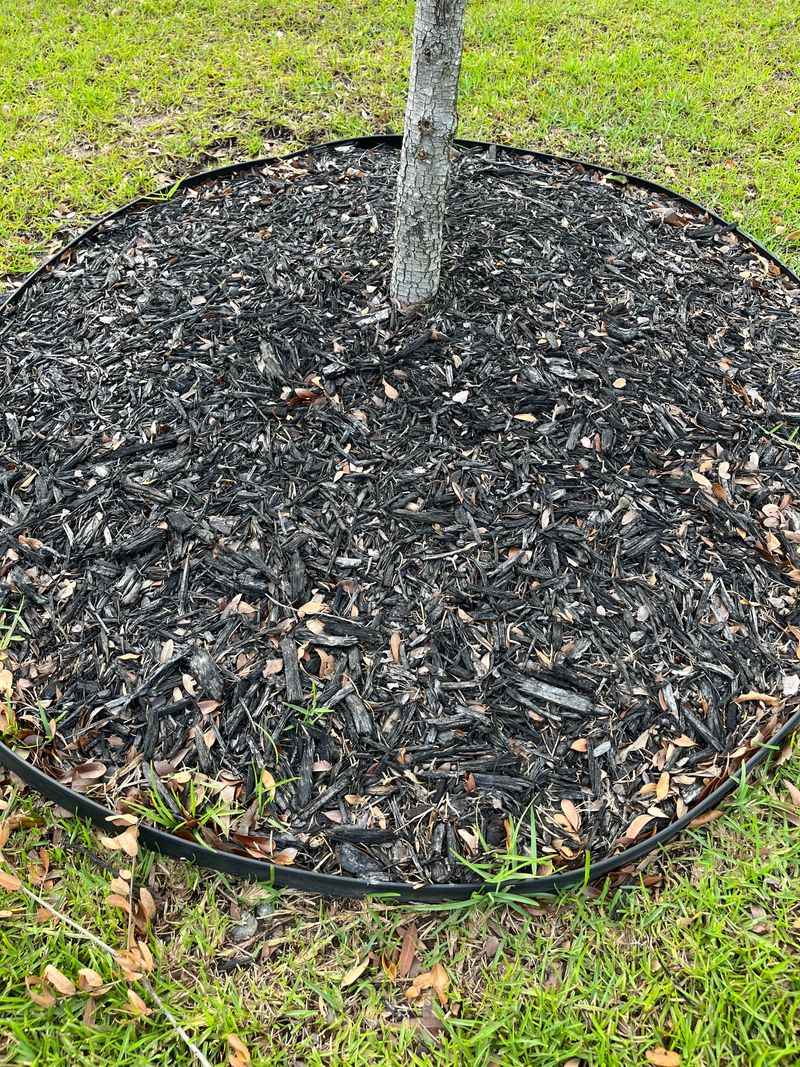
Mulch is fantastic for retaining moisture and deterring weeds, but over-mulching can suffocate roots and harbor pests. A thick layer restricts oxygen flow and invites rodents and insects. Applying the right amount is crucial for maximizing benefits without causing harm.
Stick to a 2-3 inch layer, keeping mulch away from plant stems to allow breathing space. This ensures moisture retention and healthy root development. By mulching correctly, you enhance your garden’s vitality and curb potential problems. Embrace moderation, and your garden will thrive with balanced nutrients and protection. Mulch smartly for optimal garden health!
17. Using Coffee Grounds Excessively
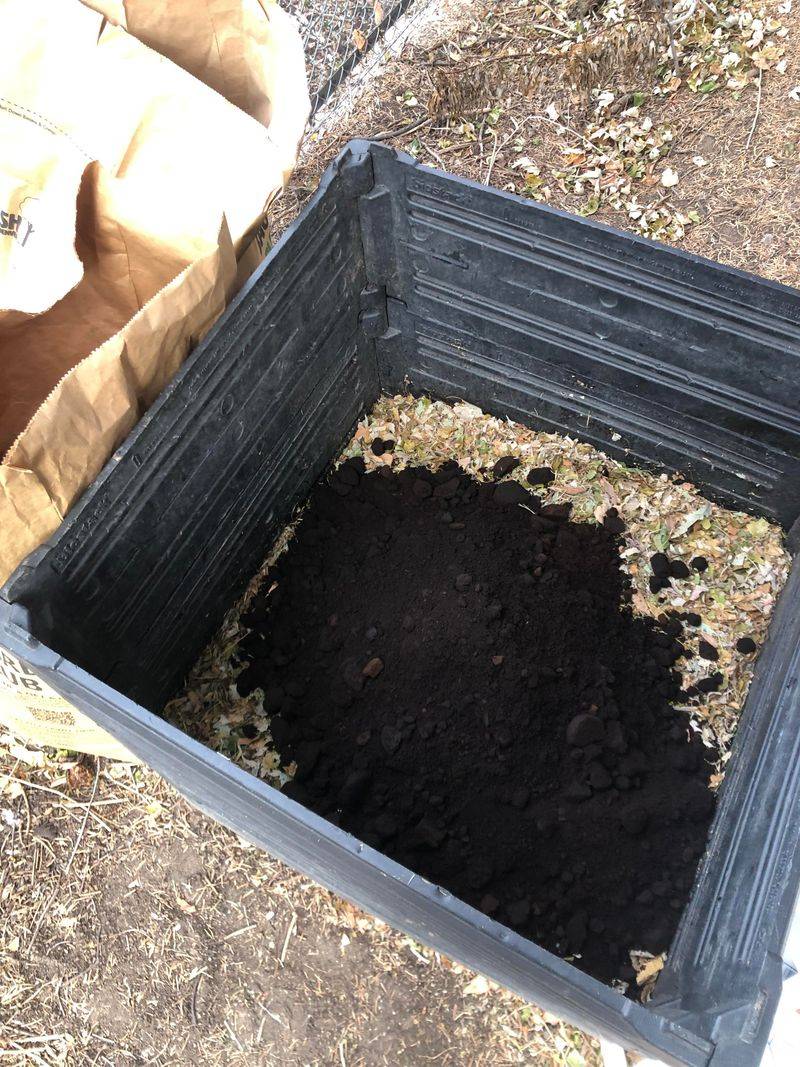
Coffee grounds can benefit plants, offering nutrients and acidity, but too much can backfire. Excessive use alters soil pH and texture, impacting plant health. Over time, this can lead to nutrient imbalances and hinder root development.
Use coffee grounds sparingly, incorporating them into compost for balanced nutrient release. This ensures they enhance soil without overwhelming it. By moderating coffee ground use, you support healthy, thriving plants without acidity issues. Don’t let your caffeine fix ruin your garden’s balance. Add with care, and enjoy a robust, flourishing landscape! Embrace balance for garden success!
18. Misunderstanding Sun Requirements
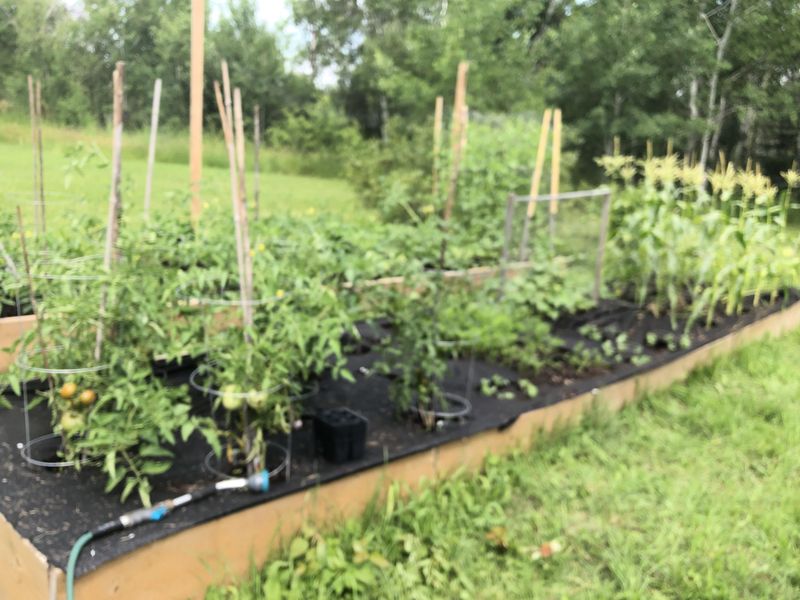
Sunlight is essential, but misunderstanding its requirements can lead to stressed plants. Placing shade-loving plants in full sun can cause wilting and sunburn, while sun-loving plants in shade may become leggy and weak.
Know your plants’ light needs and position them accordingly. Observe your garden’s sunlight patterns to make informed decisions. Proper placement ensures healthy growth and vitality. By aligning plant needs with light conditions, you create a thriving garden environment. Don’t let sunlight confusion sabotage your plants’ health. Match light to needs, and watch your garden flourish with vitality!
19. Ignoring Seasonal Changes

Gardening success hinges on understanding seasonal changes. Planting summer crops in fall or ignoring frost dates can lead to disappointment. Each season has its own rhythm, affecting growth, flowering, and harvesting.
Research your region’s climate and plan your planting schedule accordingly. This ensures plants mature at the right time and maximize their potential. By embracing seasonal changes, you align your garden’s rhythm with nature’s cycles, leading to bountiful harvests and vibrant blooms. Don’t let seasonal mismatches hinder your efforts. Sync with nature for a thriving, harmonious garden! Follow seasons for gardening bliss.
20. Using Invasive Plants
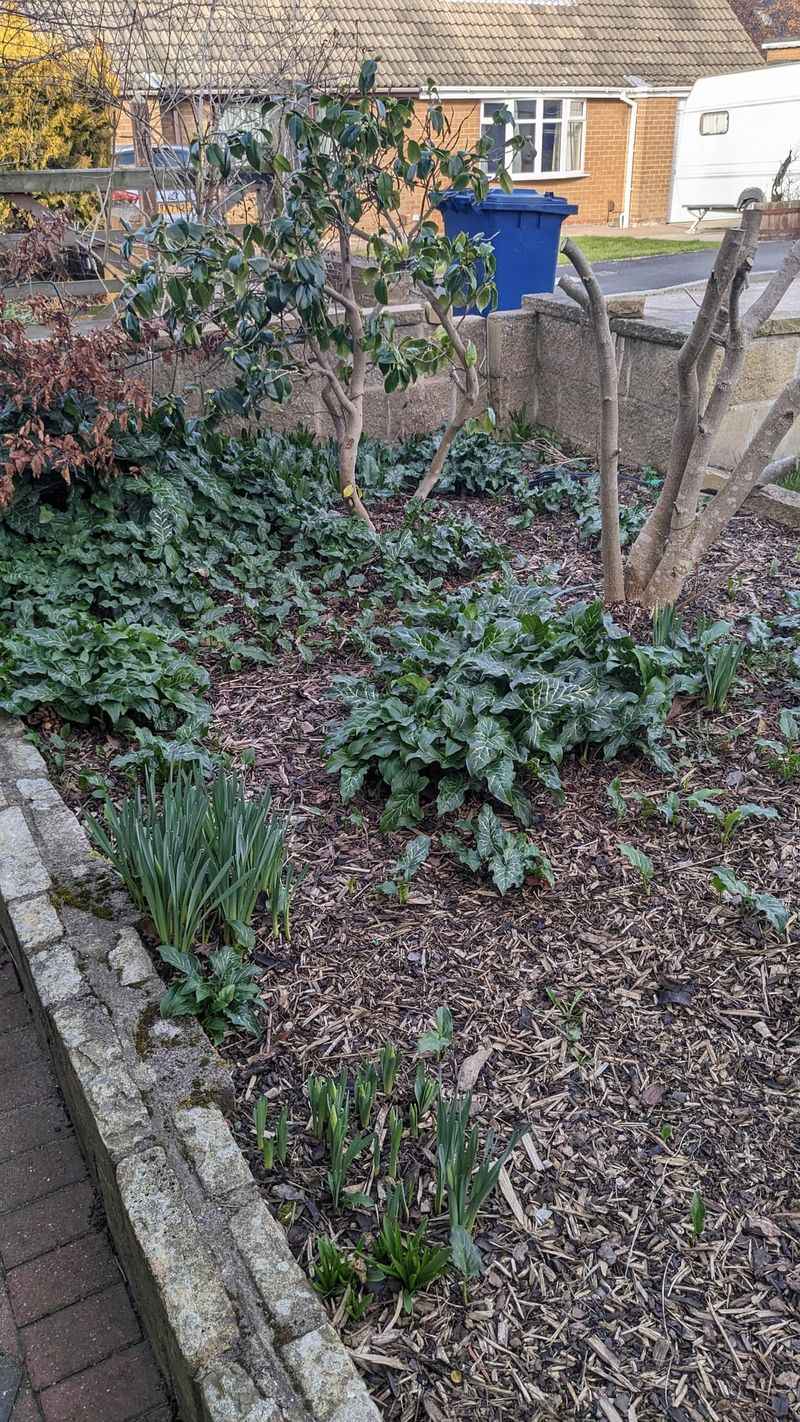
Invasive plants may seem appealing for their rapid growth, but they can quickly become a gardener’s nightmare. Species like bamboo or mint spread aggressively, outcompeting native plants and taking over space. Controlling them requires constant effort and can disrupt garden balance.
Before planting, research a species’ invasiveness. Opt for non-invasive alternatives that offer similar benefits without the risk. By avoiding invasive plants, you maintain garden harmony and support local biodiversity. Choose wisely, and your garden will thrive without the chaos of rampant species. Embrace balance for a beautiful, sustainable landscape!
21. Not Testing Soil pH
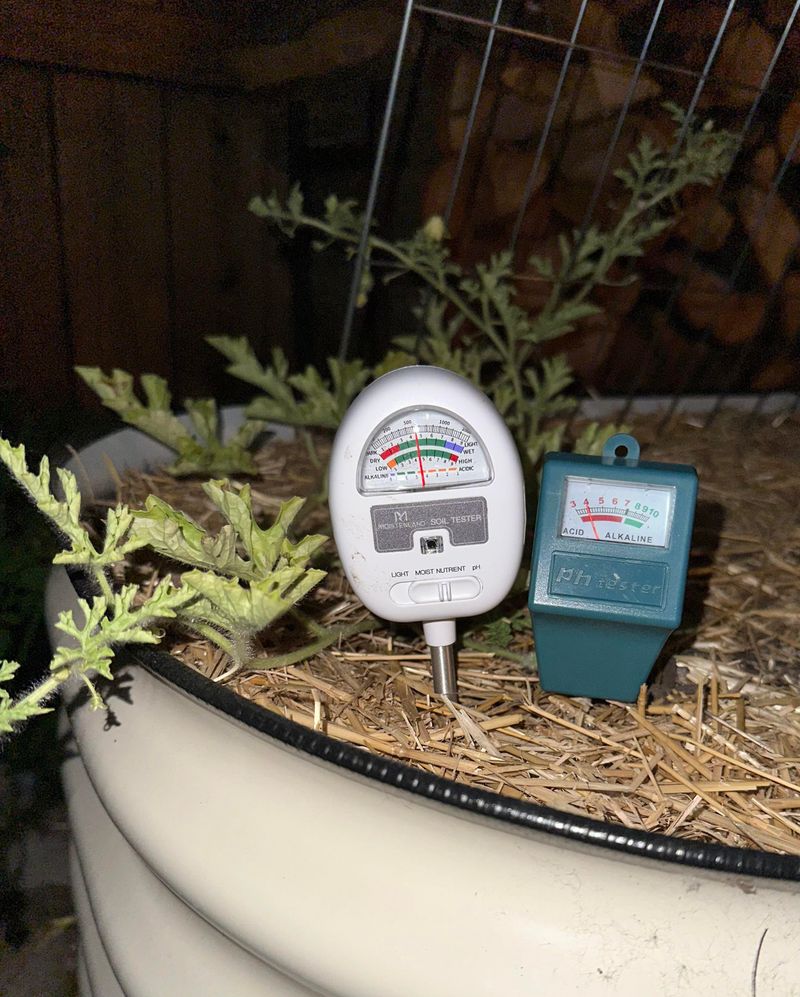
Ignoring soil pH is a common oversight that can impact plant health. Nutrients become inaccessible if the pH is too high or too low, leading to stunted growth and poor yields. Each plant has specific pH preferences that must be met.
Test your soil regularly to understand its pH and amend it if necessary. Use lime to raise pH or sulfur to lower it, creating an optimal environment for nutrient uptake. By monitoring soil pH, you support healthy, vigorous plants and maximize their potential. Don’t let pH ignorance hinder your garden’s success. Test, adjust, and thrive!


